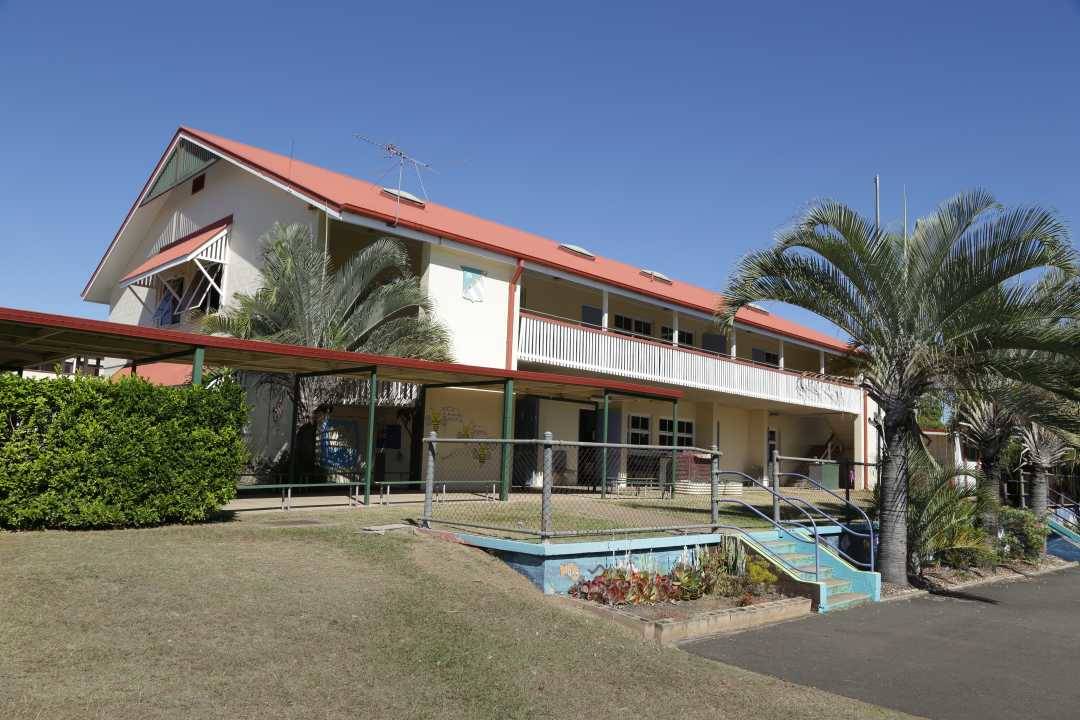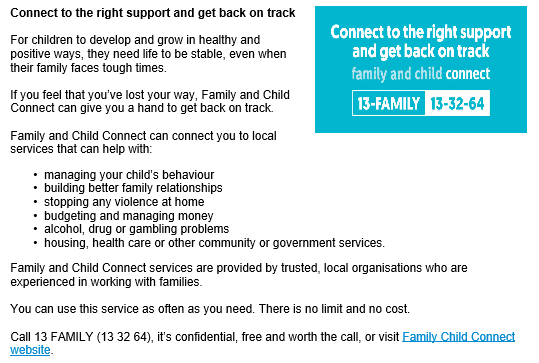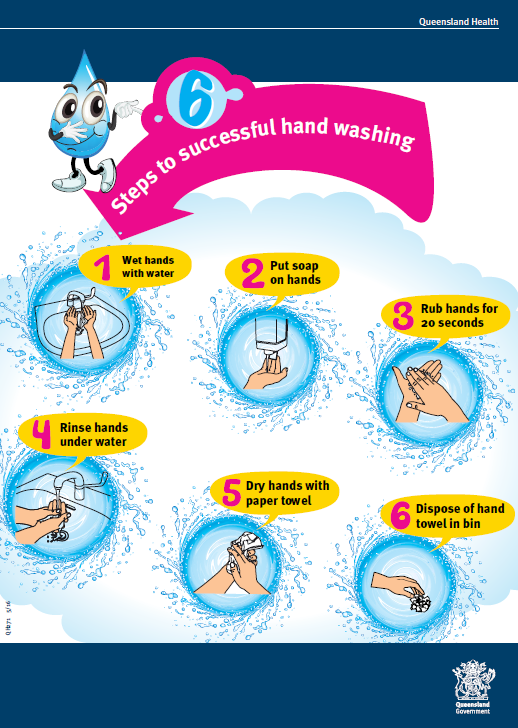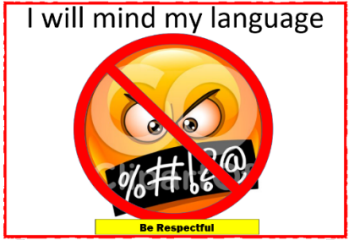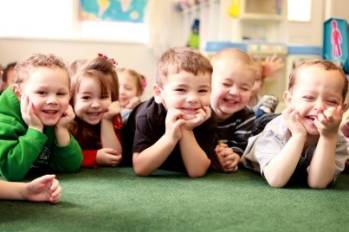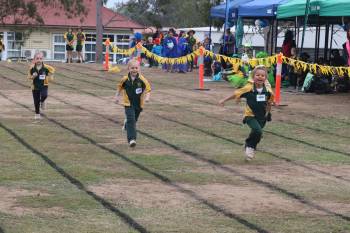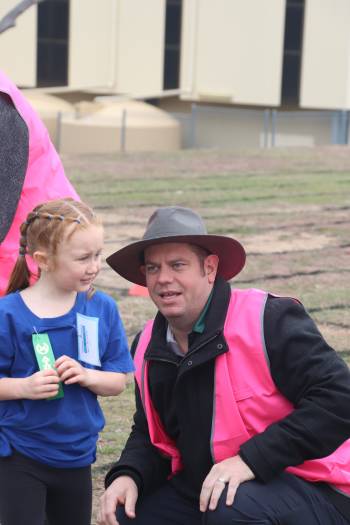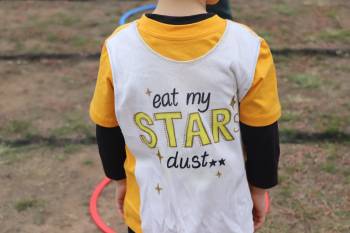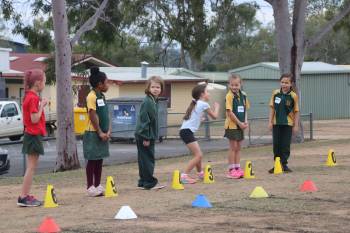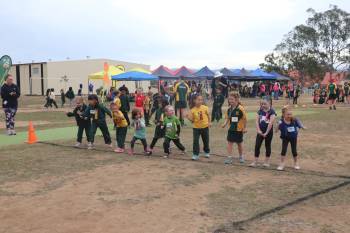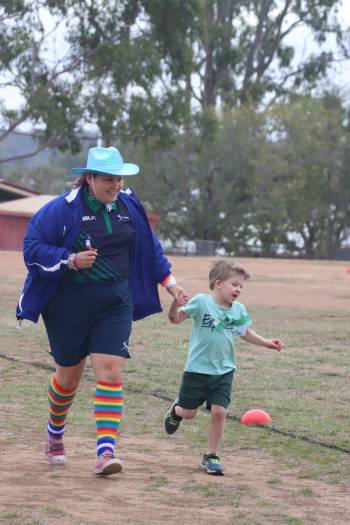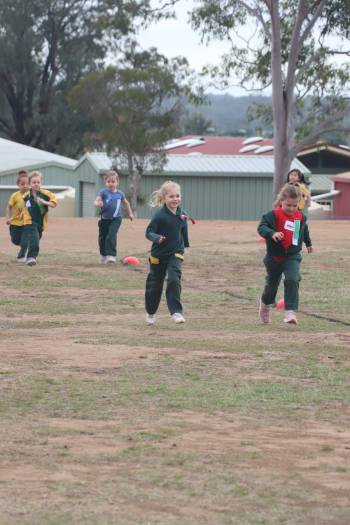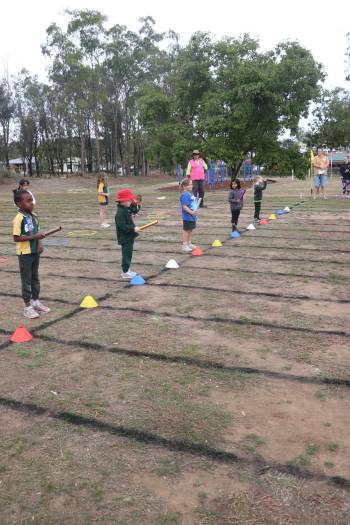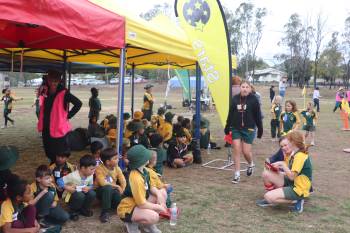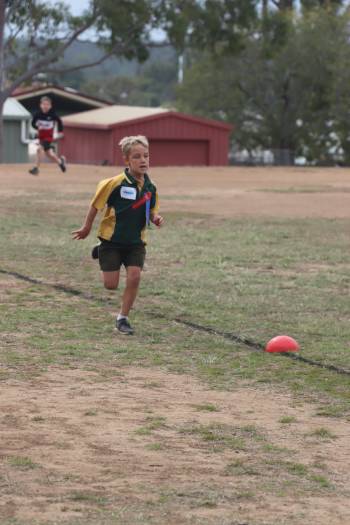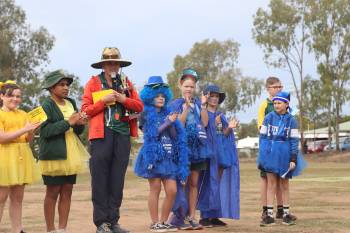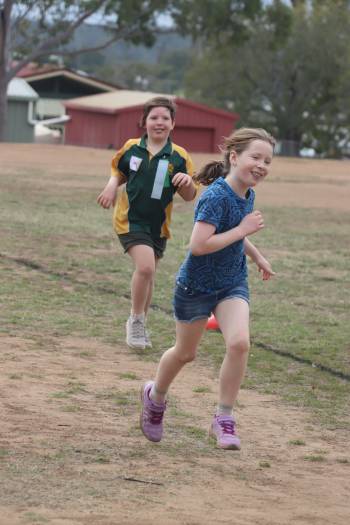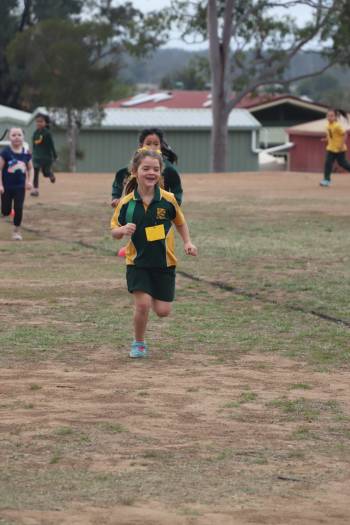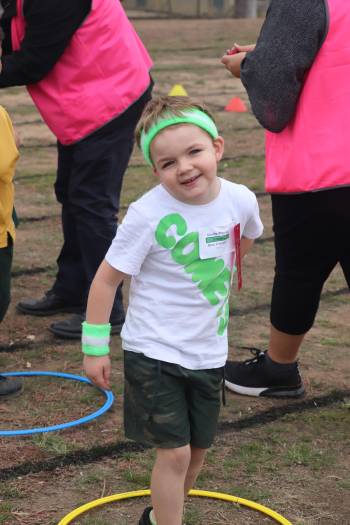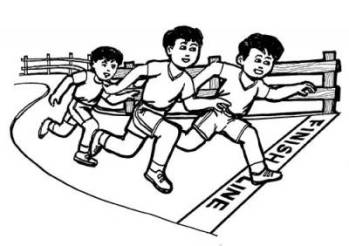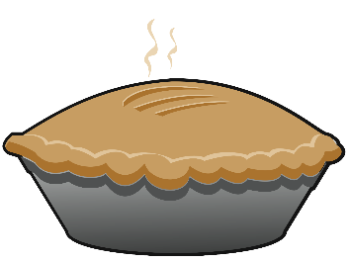“I will mind my language”
Nowadays it is normal to hear even very young children swear. It’s not only common to hear it on the streets and at home but on occasions it is being heard in the school grounds. This increase in children using obscene language is due to a variety of factors, such as TV shows, older siblings swearing but moreover because it is simply becoming more normal and less taboo for many people. However, swearing is still widely considered inappropriate in professional situations and this includes in the classroom. Essentially, the purpose of school is to teach children how to be functioning human beings, both in the workplace and in their personal lives.
As a PBL school, we are focusing on this behaviour closely and redirecting student’s language.
Remember swearing at school is never okay.
When school-age children swear, it’s usually to express negative feelings. It’s often a response to something painful, upsetting or frustrating. Children might also swear to fit in socially. They might be trying to be part of the group, or to stand out by being funny or adding shock value to their talk. Children might also be imitating others when they swear.
What to do about swearing: immediate action
Speak to your child about their choice of words, rather than ignoring their behaviour. Your child might or might not fully understand a swear word’s meaning. However, school-age children do understand that words can hurt or offend others. Your reaction will influence whether your child swears again. Stay calm and explain clearly that the word your child used is not OK. You could also explain that the word might hurt other people’s feelings. This will go a long way towards preventing future swearing. School-age children can develop a better understanding of the word by providing them with a short explanation. If you think your child might have some understanding of the word, you can ask them to clarify it. Then use general terms to explain why it’s inappropriate.
What to do about swearing: longer term It’s a good idea for the adults in your home to discuss and agree on acceptable language, and discuss this with your child. If your family has rules about swearing, it’ll be easier to point out when your child is using unacceptable language. Explain to your child that some words that are acceptable at home might not be acceptable at school or other settings. Different places have different rules. If you want your children to avoid swearing, you and the other adults in your home need model the desired behaviour.
Praise your child when you notice them dealing more appropriately with anger or frustration. For example, if your child tells you that a playmate was using swear words to tease him, praise your child for walking away from the situation and not using those words himself. Be aware of what your child watches, listens to and plays with. That means supervising and checking the ratings on TV, movies and other multimedia and music. It’s also a good idea to have the TV, computers and other devices in a part of the house where you can easily see them.
